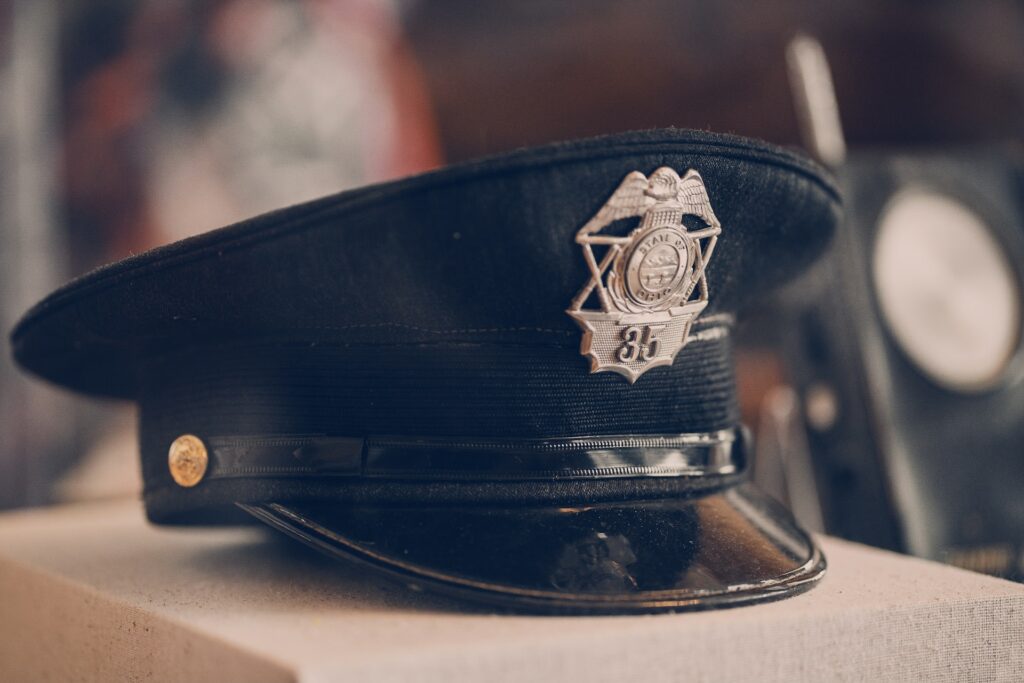With time, the moment arrives when the uniform is folded and put away for the last time, marking the beginning of the retirement phase for our hardworking officers. This pivotal moment can be both relieving and daunting, as it often prompts the question, “What’s next?” Upon retirement, many officers find themselves pursuing a second career, and this transition can be a thrilling yet challenging journey.
The Emergence of Second Careers
Over the years, the trend of officers transitioning into new careers post-retirement has become increasingly popular. Why? The reason lies within officers’ unique skill sets and the early retirement age they usually benefit from. The average law enforcement officer retires around 55, significantly younger than the typical retirement age in other professions. This youthful retirement, coupled with their diverse skills and experiences, offers officers an incredible opportunity to apply their abilities in different industries.
Why the Change?
Many factors contribute to this transition, but some of the most common include the desire for a new challenge, the need for a different pace, or the pursuit of a lifelong passion. Some officers choose to retire but quickly need more structure and challenges. This restlessness can prompt a move into a second career. Additionally, while service careers can be advantageous, they are also demanding. Transitioning to a different field often allows retired officers to manage their time, focus on their personal lives and have more flexibility.
Transferrable Skills and Job Prospects
It’s worth highlighting the wide range of skills officers acquire during service. These include critical thinking, problem-solving, communication, leadership, teamwork, and crisis management – all highly valued in the corporate world. Moreover, their sense of duty, discipline, and integrity make them strong candidates for various roles.
Some officers find satisfying careers in private security, investigations, or consulting, where they can directly apply their professional experience. Others transition into fields like education, social work, and business, translating their skills into different contexts. For instance, those with a knack for communication and leadership may thrive in human resources, sales, or managerial positions. Similarly, officers passionate about helping and guiding people can find a rewarding second career in counseling or social work.
Smooth Transitions: A Word on Preparation
Though the opportunities are plentiful, transitioning from uniformed service to a second career requires adequate preparation. This transition can include returning to school, networking, or seeking mentorship. Officers should consider leveraging resources like career counseling and transition support programs, many offered by police departments and military organizations.
It’s also important to remember that, just like when they began their career in service, starting a new job also involves learning, growing, and facing challenges. It’s not uncommon to feel apprehension, but these feelings are a normal part of the process.
Conclusion
Retirement does not have to be the end of an officer’s professional journey, but rather, it can be the beginning of an exciting new chapter. By exploring second careers, officers can continue to make a meaningful contribution to society and experience personal growth. The key to a successful transition lies in understanding and leveraging their unique skills, preparing adequately, and having the courage to step into new arenas.
After all, the sense of service, duty, and dedication that defines an officer doesn’t retire when they do. It simply finds a new field to play on.
References:
- Abrahams, R.D. (2017). “The Emotional Challenges of Officers in Retirement.” The Police Chief. www.policechiefmagazine.org/emotional-challenges-of-officers-retirement/
- Burke, R. (2011). “Workaholism in organizations: psychological and physical well-being consequences.” Stress and Health. onlinelibrary.wiley.com/doi/abs/10.1002/smi.1278
- Langton, L. and Durose, M. (2013). “Police Behavior during Traffic and Street Stops, 2011.” Bureau of Justice Statistics. www.bjs.gov/content/pub/pdf/pbtss11.pdf
- U.S. Bureau of Labor Statistics. (2020). “Police and Detectives.” www.bls.gov/ooh/protective-service/police-and-detectives.htm
- White, M.D. (2014). “The Effect of Detective Work on Police Officers.” Journal of Police and Criminal Psychology. link.springer.com/article/10.1007/s11896-014-9143-3
- Williams, M. (2019). “The impact of work-life balance on the wellbeing of police officers.” Policing: A Journal of Policy and Practice. academic.oup.com/policing/article-abstract/13/2/214/4859489
